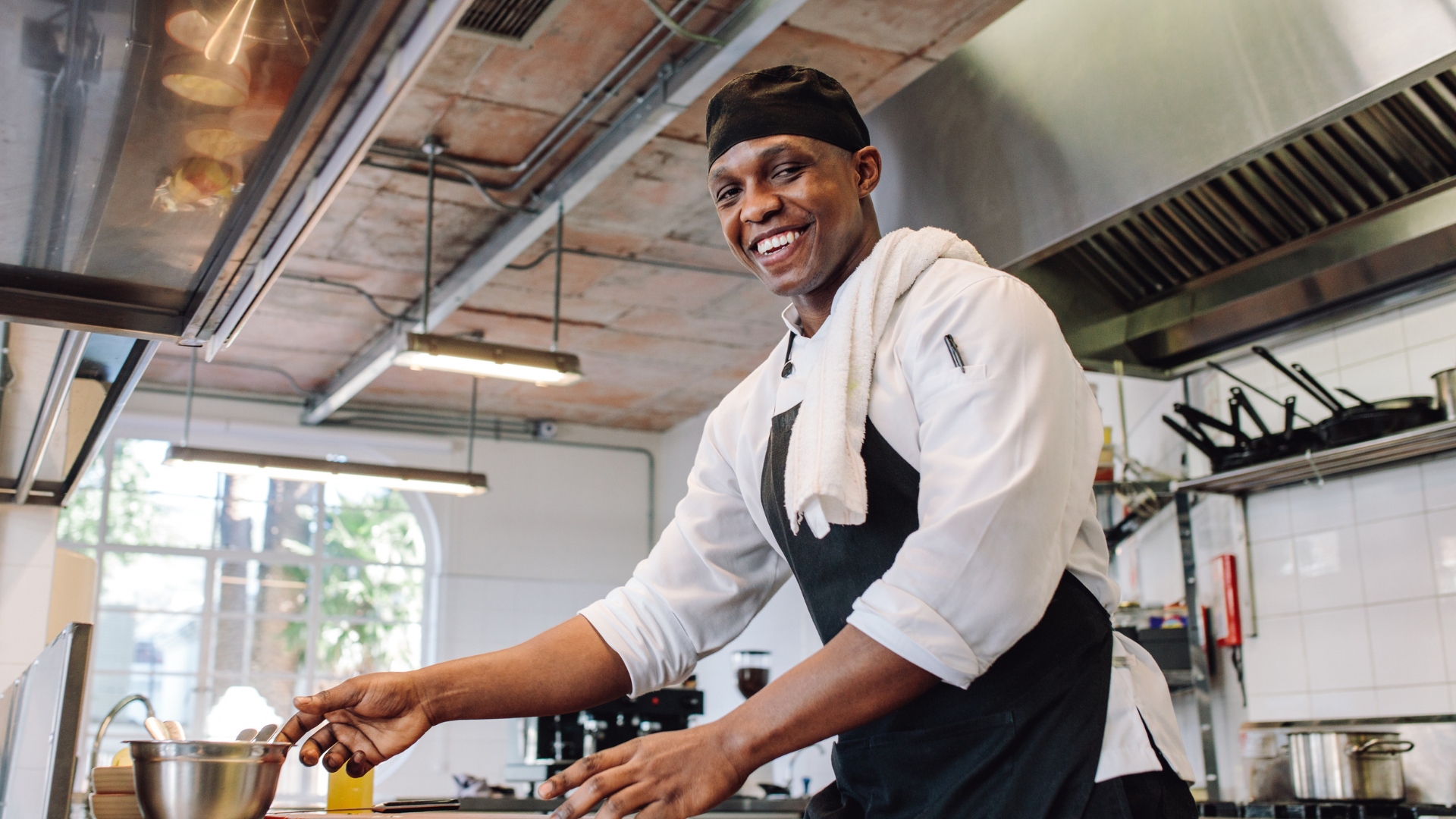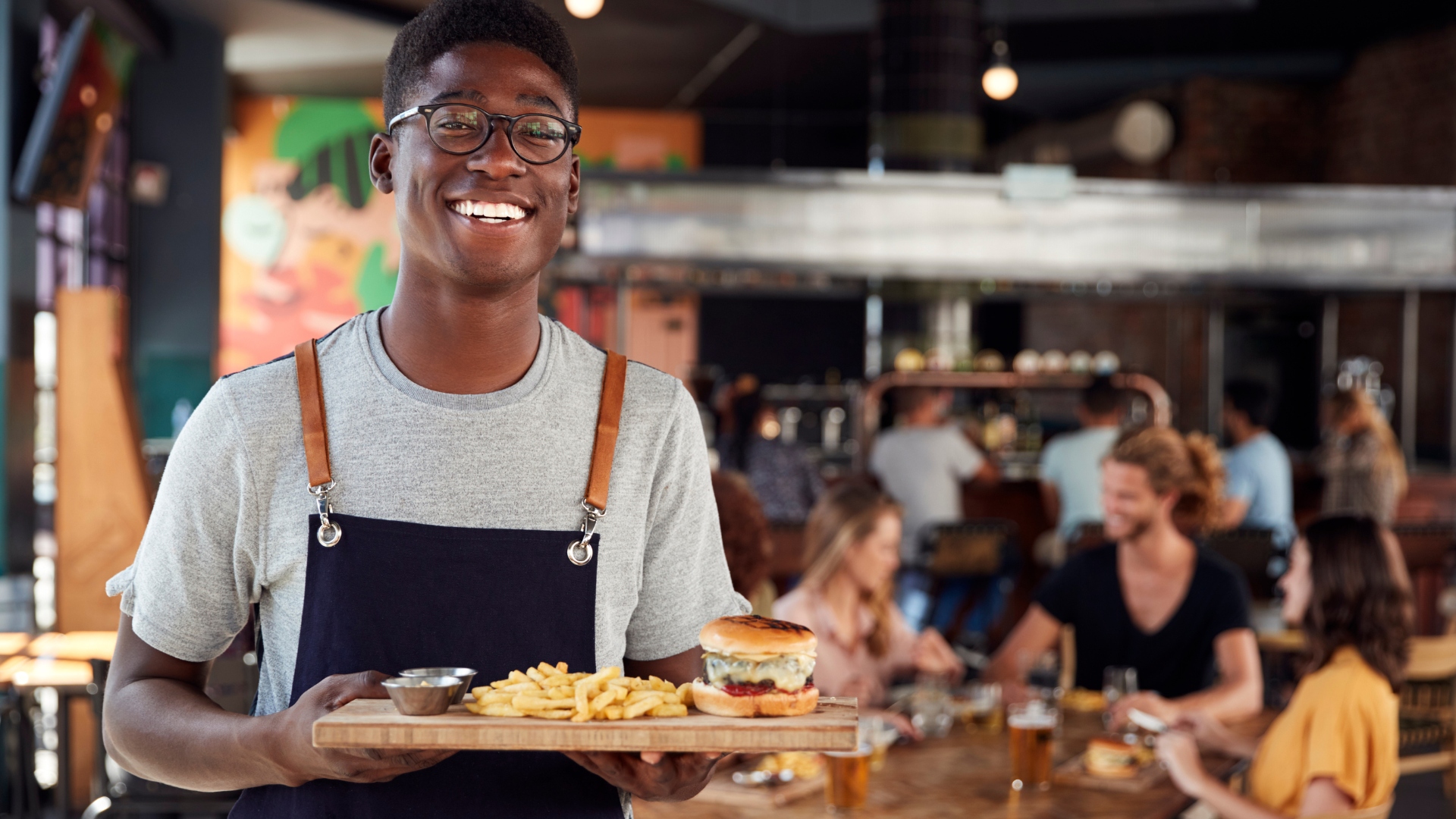Over the past decade, Black-owned restaurants have seen a surge in visibility and support, fueled by cultural appreciation, social activism, and an increasing desire for authentic, diverse dining experiences. However, what many fail to realize is that Black-owned restaurants are not just a fleeting trend—they are the backbone of a movement deeply rooted in history, resilience, and economic empowerment.
From soul food joints that have been family staples for generations to innovative fusion restaurants blending African, Caribbean, and Southern flavors, Black chefs and restaurateurs are making an undeniable impact on the culinary landscape. But their success hasn’t come without challenges. Despite their contributions to the food industry, Black-owned restaurants have historically faced obstacles such as limited access to funding, discriminatory business practices, and underrepresentation in major food media.
A Legacy of Culinary Innovation
Black culinary excellence dates back centuries, from the enslaved cooks who shaped Southern cuisine to the skilled Black pitmasters who perfected barbecue traditions. Many of today’s Black chefs and restaurant owners are reclaiming and celebrating this legacy, infusing traditional flavors with modern techniques.
For example, Chef Mashama Bailey, co-owner of The Grey in Savannah, Georgia, has gained national recognition for elevating Southern cuisine with a contemporary twist. Her restaurant, located in a restored Greyhound bus station, stands as both a symbol of resilience and a testament to Black culinary artistry. Similarly, restaurants like Red Rooster Harlem, owned by Marcus Samuelsson, blend African, Caribbean, and Southern influences to create a unique dining experience that reflects the rich diaspora of Black food culture.
The Power of Community Support
The rise of Black-owned restaurants has been driven in part by social movements encouraging consumers to support Black businesses. Campaigns like Black Food Fridays and initiatives promoting “Buy Black” have played a significant role in increasing awareness and directing resources toward Black entrepreneurs in the food industry.
Additionally, platforms like EatOkra, an app dedicated to discovering Black-owned restaurants, have made it easier for food lovers to intentionally support these businesses. Such initiatives are not just about economics—they represent a larger cultural shift toward preserving and celebrating Black food traditions.
Overcoming Industry Barriers
Despite the progress, Black-owned restaurants continue to face systemic barriers, particularly when it comes to securing capital and funding. According to the U.S. Small Business Administration, Black entrepreneurs are less likely to receive loans compared to their white counterparts, making it more difficult to open and sustain restaurants.
However, organizations like The Black Restaurant Accelerator Program, backed by the National Urban League and PepsiCo, are stepping in to provide financial support and mentorship to Black restaurateurs. With grants, educational resources, and business development tools, initiatives like these are helping level the playing field.
Looking Toward the Future
As more Black chefs and food entrepreneurs gain recognition, the future of Black-owned restaurants looks promising. The industry is witnessing an expansion of Black-owned culinary brands beyond traditional restaurants, with Black chefs launching catering businesses, food trucks, meal delivery services, and even CPG (consumer packaged goods) brands that bring Black food culture to national and global audiences.
Moreover, food media is gradually becoming more inclusive, giving Black chefs and food writers the platform they deserve. Netflix’s hit show “High on the Hog” has been a game-changer in educating audiences about the rich and often overlooked history of African American cuisine, proving that Black food culture is a crucial part of American culinary history.
Final Thoughts
The success of Black-owned restaurants is more than just a trend—it’s a movement toward cultural appreciation, economic empowerment, and culinary recognition. By continuing to support these establishments, advocating for funding and resources, and sharing their stories, we ensure that Black culinary traditions remain an essential part of the food industry for generations to come.
So next time you’re looking for a great dining experience, consider visiting a Black-owned restaurant. Whether you’re indulging in a plate of classic shrimp and grits, jollof rice, or Caribbean jerk chicken, know that you’re not just enjoying a meal—you’re supporting a legacy.






